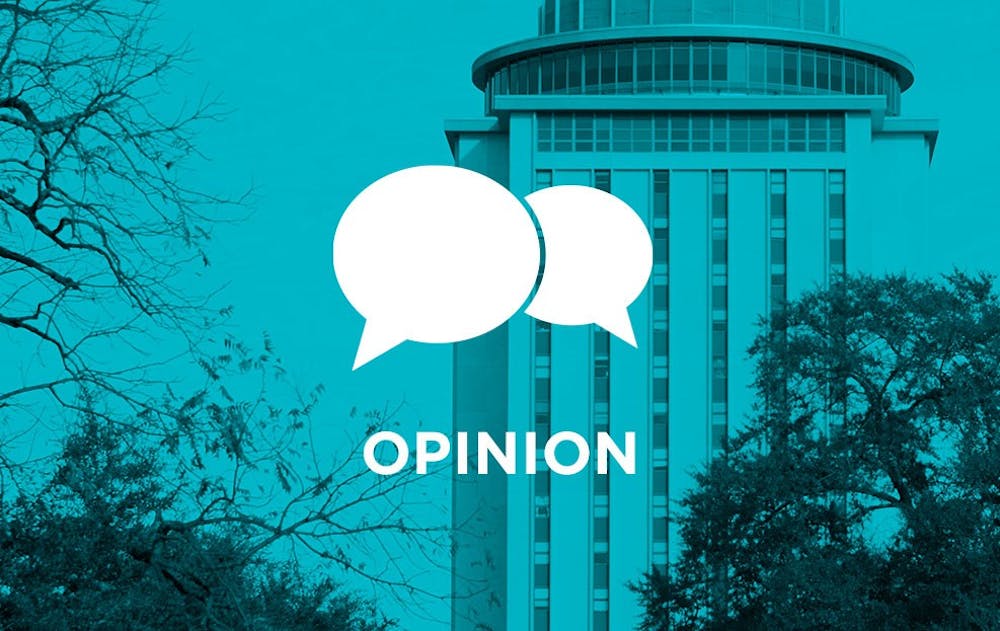The World Health Organization (WHO) has historically made no move to promote the use of electronic cigarettes as a tool for quitting smoking traditional cigarettes. It instead focuses on the possibility of it being a gateway to increased smoking rates, its health risks and its promotion of illegal activities. The WHO should instead be pushing for e-cigarette use because these arguments weaken when placed beside their more dangerous alternatives.
I won’t deny that e-cigarettes lead to smoking. During my time in the Navy submarine force, a co-worker of mine decided to start using e-cigarettes that had no nicotine in them as a vice while we were at sea. I used e-cigarettes at the time and warned him that even without nicotine I felt he was likely to start smoking. Turns out my concerns were justified, because after two days in port he bought a pack of menthol cigarettes.
Alternatively, myself and many other submariners had taken up e-cigarettes as a replacement to our traditional cigarettes due to their convenience. This continued both at sea and in port and reduced our use of traditional cigarettes. In some cases, such as mine, it allowed me to get off nicotine entirely as we slowly lowered our doses to zero until throwing out our devices. So just as I can not ignore that e-cigarettes lead to smoking, the WHO can’t claim that there is no proof they lead to quitting.
E-cigarettes are becoming more popular, particularly among younger users. With this comes an increase in health risk. The WHO focuses on the fact that e-cigarettes have unknown, long-term health risks. Except it would recognize the risks if it was smart about where to look. Studies show that e-cigarettes have similar risks to traditional cigarettes.
In some cases, the quantity of the substance causing these risks is the same in both forms of smoking, yet in others the quantity is in lower concentrations. This means that there's a good chance the long term effects of e-cigarettes will be equal to or less than traditional cigarettes, and we already know the effects of traditional cigarettes.
While the WHO clearly does not support cigarettes, it at least has a plan for them in the form of sin tax. These taxes exist to discourage activities deemed undesirable. Smoking cessation products are excluded from the sin tax to keep them accessible.
Since the WHO does not believe it has enough information to determine the long-term effects of e-cigarettes, it is not prepared to label them as a cessation tool. However, it has not labeled them as dangerous as traditional cigarettes either.
It is this ambiguity that threatens the e-cigarette future, banning them in 39 countries as of July 2018. Reducing the availability of e-cigarettes compared to traditional cigarettes will shift the demand for nicotine, particularly in younger people, back to the the more dangerous, traditional cigarette.
The correct answer for restrictions, whether it is decided that e-cigarettes are a cessation tool or not, is to increase the legal age of purchase of all nicotine products and to utilize the legal system, along with a healthy dose of good parenting, to pursue those that illegally sell products to minors.
Tobacco 21 is proving to be an effective example of reducing illegal teen use. Teens are finding they now know less people of the legal age to buy cigarettes of any kind. Raising the legal age makes sense scientifically as well, since the parts of the brain that nicotine effects are not fully developed until the age of 25.
All things considered, it should come as no surprise that young people prefer vaping over smoking, as they are always the most eager to use the newest technology. This is no reason, however, to inhibit its availability to the other mass of people that can put it to good use. The WHO needs to realize this and come to a decision on where e-cigarettes fall in nicotine culture.

